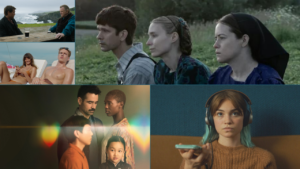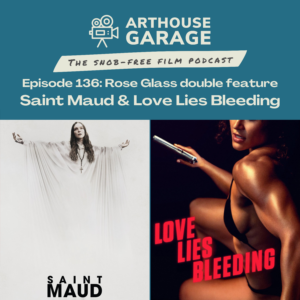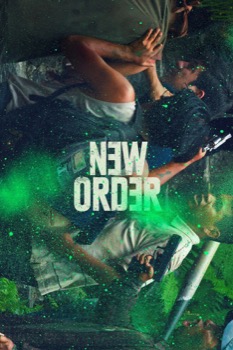
In 2019, Parasite came out and, besides winning all the major film awards, it served to highlight the income inequality plaguing the world’s capitalist societies. And, like the best movies, it looked at the issue through the empathetic lens of cinema; you could read about the wealth gap all day, but it’s different to characters experience poverty and feel desperate and angry alongside them. Parasite ultimately becomes violent, and the character motivations that get us there are deeply felt by the audience, a testament to the excellent screenplay.
The violent place that Parasite ends is where New Order begins. The new film from Mexican director Michel Franco won the Grand Jury Prize at 2020’s Venice Film Festival and tells a story of uprising. It opens a lavish wedding in the extravagant home of a wealthy Mexican family. The film lays subtle hints showing the vastly different life experiences of the well-off family members and their lower-class maids and grounds workers, all while news reports play play in the background telling of riots nearby. Things come to a head in a thrilling and terrifying scene depicting the lower-class mob overtaking the wedding party with brutality and righteous anger.
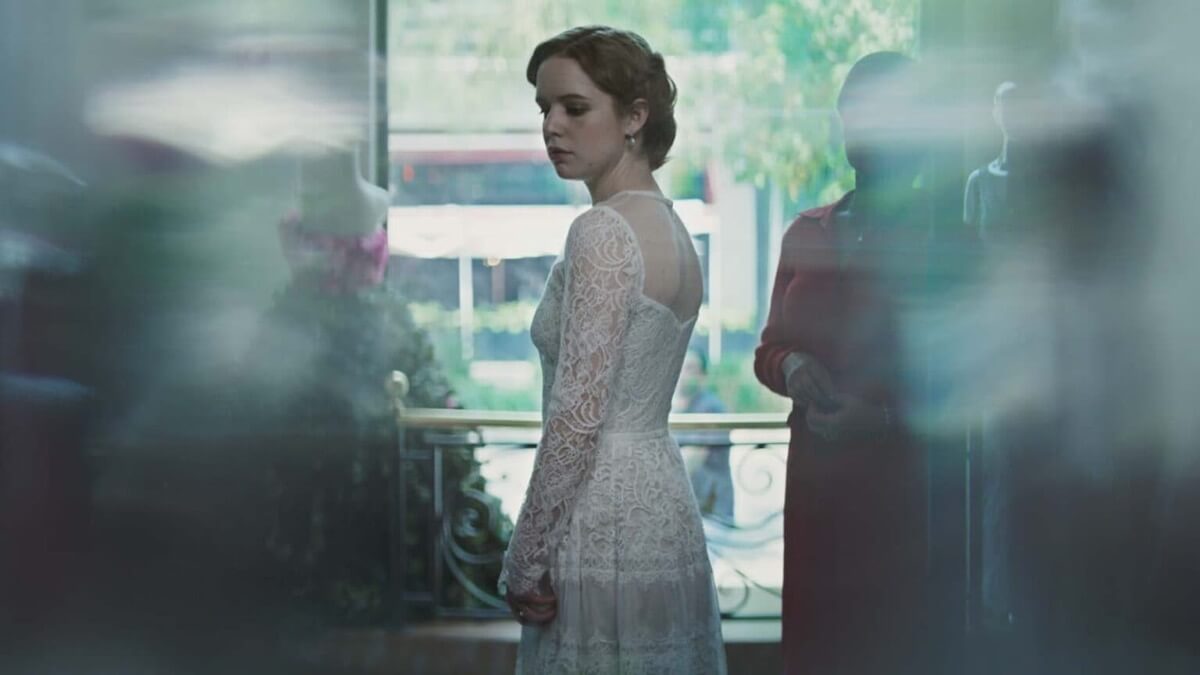
That’s where things begin, and from there we follow the bride Marianne (Naian González Norvind) who has managed to escape the house alive. She tries to navigate the tumult of the city, which is in a state of serious unrest after rioters have killed untold hundreds, and the military begins to take control and establish a police state. The film is ultimately an intense and largely tragic series of events, and not for the faint of heart.
Despite the heaviness of the story, New Order is incredibly stylish, full of engrossing vérité camerawork and bold colors. Marianne wears a bright red suit for much of the film, and the rioters make use of a deep green paint of some kind that seems to serve as a symbolic color of the resistance. There are some truly stunning shots here, including a sequence inside a moving car that brought to mind some of the incredible shots in Alfonso Cuarón’s Children of Men.
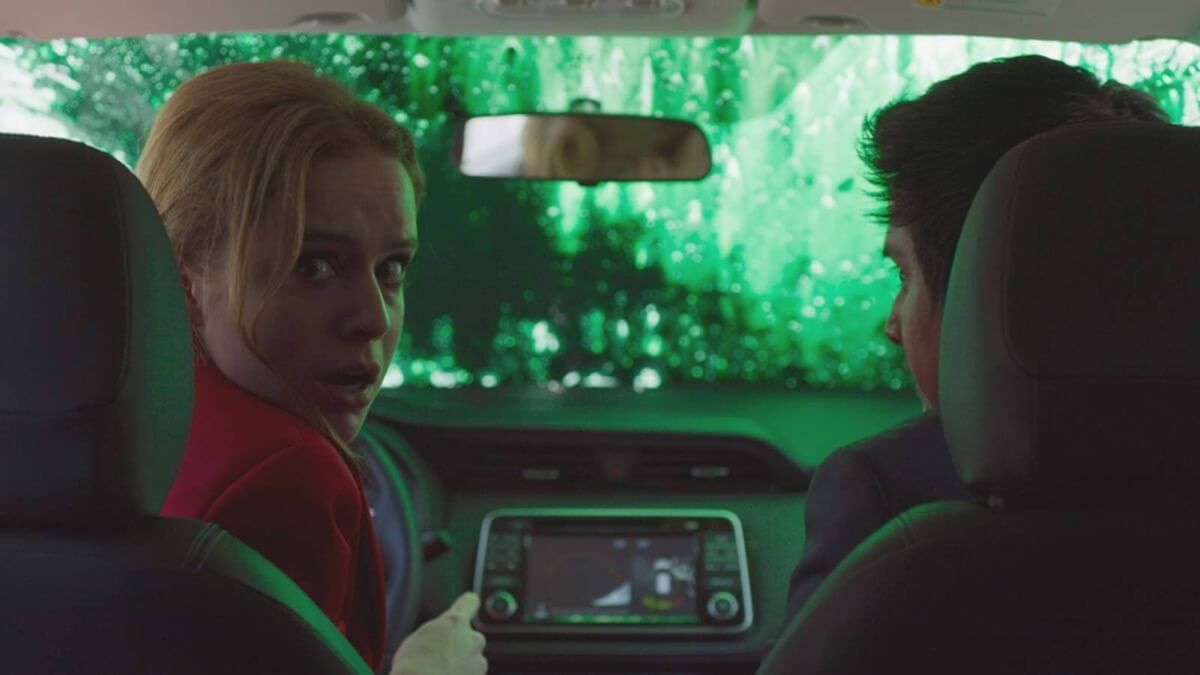
The subject matter of New Order feels up-to-the-minute in the way it addresses social class and the rising tension that seems to be building in recent years. And the film makes a strong case that things need to be changed on a macro level before something like this really happens. But, as prescient as much of this movie feels, the story loses a lot of steam as it goes on. The film is never as strong as the wedding sequence of the opening third, and it would actually be a stronger piece of cinema if you cut the story off there and called it a short film.
After the spectacular beginning, it feels like a slog to get to the movie’s end. Marianne runs into problem after a problem, and the story gets so dark in some moments that it borders on misery porn. And for what? A plot line that isn’t particularly compelling as human drama and only serves to demonstrate how bad things have gotten in the country. The cautionary tale was complete after about the first 30 minutes and everything else feels like self-serious overkill.
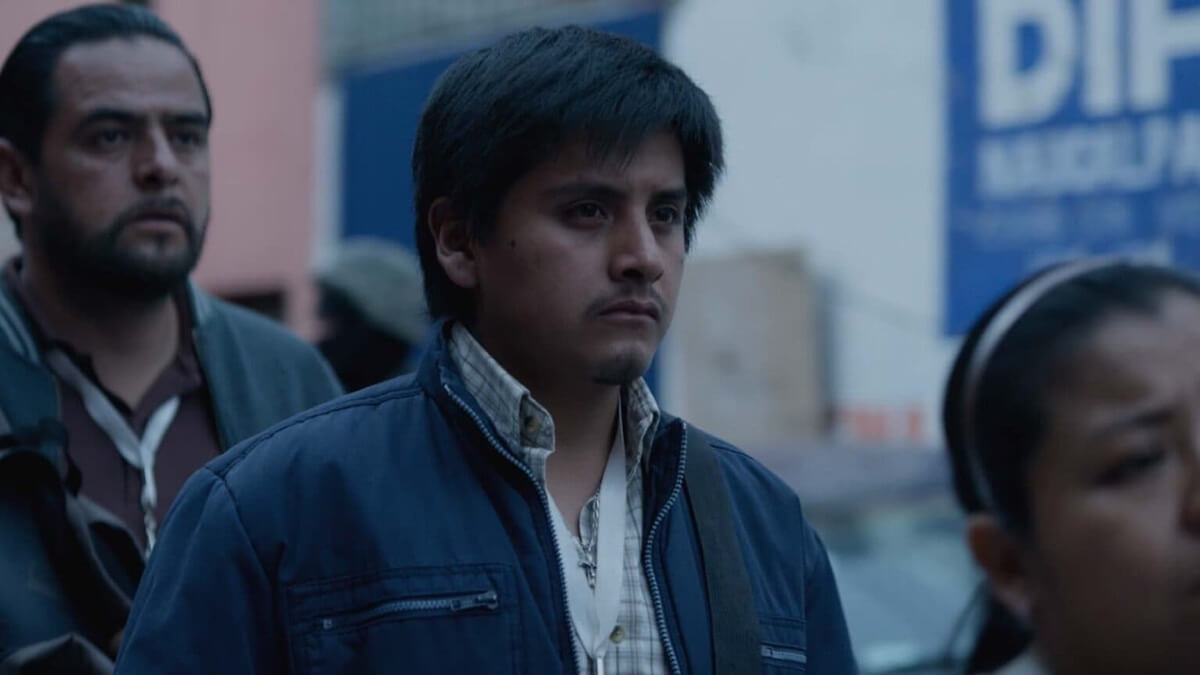
Even with those complaints, the technical craft on display in New Order and the sheer size of the story are remarkable. It’s no wonder the film impressed festival audiences; there are scenes in this film I will never forget, and many of the film’s single images are spectacular. If you’re in the mood for something unique and intense, this movie may be right up your alley, but be prepared for a story that’s emotionally challenging to the point of feeling oppressive. But, if you can stomach all that, director Michel Franco’s sense of style and pacing is nothing if not memorable.
New Order is now playing in theaters.


